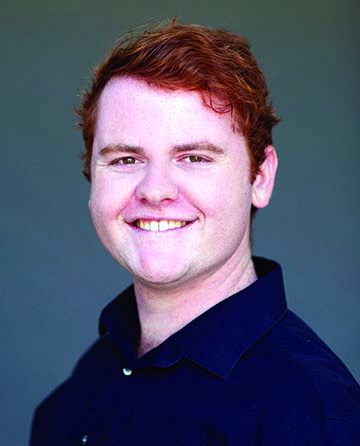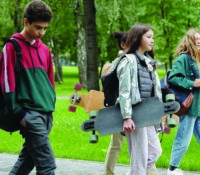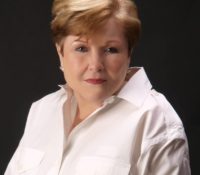By Erik Olson, Peer Support at notMYkid The first time I got high was at the age of 15. At the moment I inhaled, the fear of other people...
By Erik Olson, Peer Support at notMYkid

The first time I got high was at the age of 15. At the moment I inhaled, the fear of other people left. I felt confident, social and in tune with my friends. I knew freedom and happiness. In a moment’s notice, I realized that weed was doing for me what I could not do for myself.
The first serious consequence came three years later with my suspension from High School during senior year. I had been caught with a drug test. My principal explained to me if I was caught again, I would be expelled from school. A sane person might have taken this message and turned around their behavior. At the early age of 17, I had lost the power of choice in the matter and I would continue to get high for the rest of senior year.
Hospitals, treatment and psych wards
For my early late teens and early twenties, I bounced in and out of hospitals, treatment centers and psychiatric wards. It was clear — weed was no longer granting me the power that it used to but I could not let go. If I let go what was I going to hang onto? I would lie to my doctors and therapists. I was sure they would not understand my thoughts, feelings and motivations. I would only do half of what my doctors told me to do. What work I did, I did with the hope that one day if I could just get rid of this feeling and become “normal” then I would be able to smoke weed, drink alcohol and party like a “normal” person.
On August 22nd, 2020 I was given my last attempt at treatment and this time I would spend a year living with other young sober people afterwards. At the age of 22 a year seemed like an eternity.
I was introduced to a fellowship of other young people who had recovered from their own addictions. I argued with them that I must be different. After all I had only smoked weed and they had done much worse things. I came to realize that regardless of the drug consumed, the way we all used them and the feelings we felt were the same. I insisted they must be miserable, pathetic people who secretly continued to get high or drink. I came to realize that, in fact, I was miserable and pathetic even though I was still getting high. I looked on them with contempt.
They opened their arms to me. They shared openly with me about what happened to them and how they had been freed from their addictions. Even though I was not fully sold on what they were suggesting, I was sure that I trusted them. They seemed to be enchanted people.
Not too long after, I sat in my car on the side of a highway after having made an amends to a family member I had harmed in my addiction. I looked at the sunset and realized I had found a new freedom and a new happiness. I did not regret my past. My fear of people had left. I felt connected with a new group of friends. I realized, in that moment, that I was taken care of; that something new was doing for me what I could not do for myself. Although I had come into recovery with all the cynicism, contempt, bitterness and hostility of a scoffing man, now as I approach the end of my second year in sobriety I face the future with the hope, reverence, serenity and courage of prayer.
In my role within the Peer Program at notMYkid, I get to be the nonjudgmental, listening hopeful voice for young people all across Arizona. I’ve gotten to experience the joy of young people rising into their own recovery and passing that same voice along. As our young people become addicted earlier and earlier, it will be younger and younger people that can meet them where they’re at with the message of hope that has been handed down for many years. www.notmykid.org




























